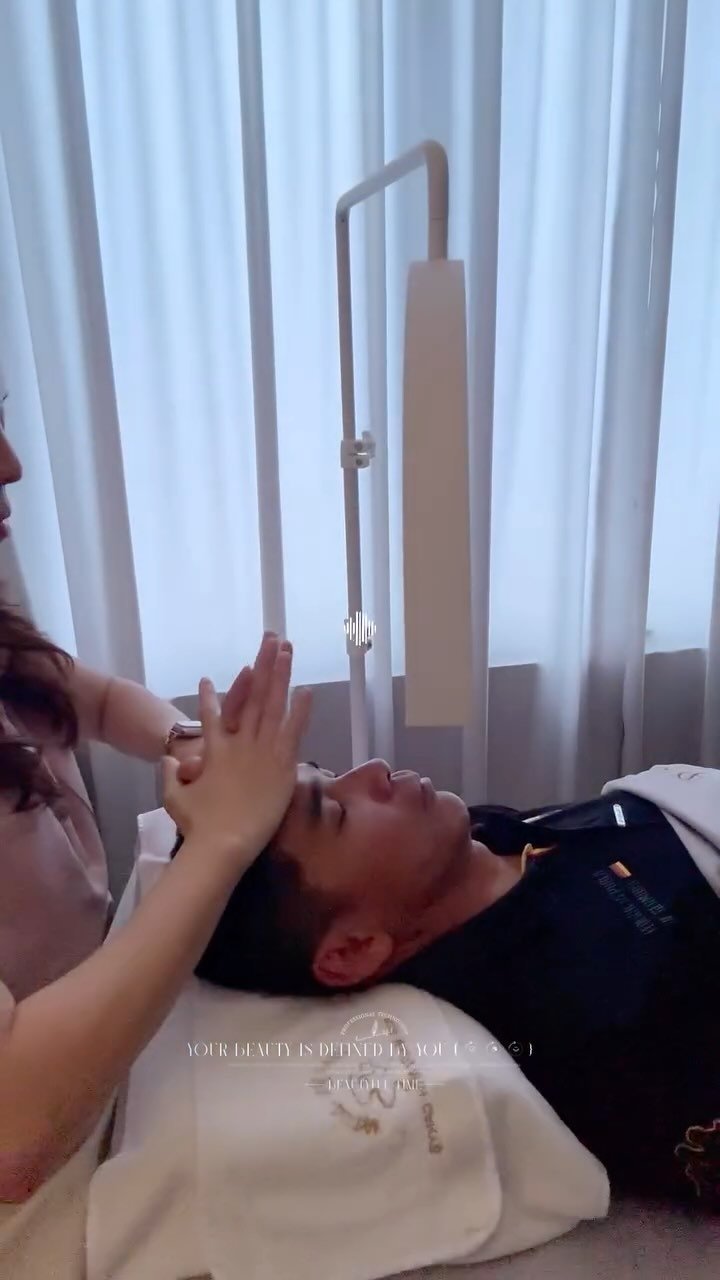The Silent Invader Slowly Taking Over Their Lives – Are They Aware?
Anxiety is often dismissed as just a passing phase—something everyone goes through. Yet, this “harmless” feeling can sneakily take over their entire existence, eating away at their peace, energy, and joy. It’s a silent intruder, a hidden force that may be quietly controlling their life, whether they realize it or not. While a broken leg is obvious, anxiety hides in the shadows, showing no physical symptoms but causing immense psychological chaos. They may feel it, but can they see the extent of its grip on their mental well-being?
Much like the frog in slowly boiling water, many don’t notice how far anxiety has infiltrated until it’s already too late. The endless nights of restless sleep, heart palpitations, and the suffocating feeling of being trapped in their own mind might seem like temporary issues, but these are the deep-rooted effects of anxiety. Worse yet, it doesn’t just affect the mind—it invades their body, too, leaving behind a physical toll.
The truth? Anxiety isn’t invincible. There are strategies and practices that can help them reclaim control, pushing anxiety back where it belongs. Here’s everything they need to know about recognizing the signs, combating the effects, and breaking free from its grasp.
5 Subtle Signs Anxiety Might Already Be in Control of Their Life

Anxiety is more than just stress or feeling down. It’s an invisible force capable of wrecking havoc on their mental, emotional, and physical health. Here’s how they can spot the deadly signs of anxiety before it’s too late:
- Heart Palpitations, Tightness in the Chest, and Breathlessness
Imagine a sudden, overwhelming feeling of dread, as if a heavy weight has pressed down on their chest. Their heart races, their breathing becomes shallow, and they’re left struggling to catch their breath. They might think it’s a heart attack, but in reality, it’s anxiety sending a wave of panic through their body, with no clear cause. - Endless Sleepless Nights, With the Mind on a Never-Ending Loop
When night falls, anxiety ramps up. Their mind replays negative thoughts, worries, and scenarios over and over, stealing precious sleep. By the time the morning comes, they are exhausted, emotionally drained, and unprepared for the new day ahead. - Struggling to Focus, Feeling Like Everything is a Huge Task
Whether they’re working, studying, or even handling simple daily tasks, anxiety clouds their focus. They sit at their desk, their eyes fixed on the task at hand, but their mind is elsewhere. Every task, no matter how simple, feels like an impossible mountain to climb, and nothing gets done. - Emotions Swinging Like a Rollercoaster—From Calm to Outbursts in Seconds
Anxiety hijacks their emotional state, causing them to experience extreme mood swings. One minute they’re fine, and the next, a trivial comment or situation can cause them to snap, cry uncontrollably, or feel overwhelmed by panic. This emotional volatility is a hallmark of anxiety’s deep influence. - Physical Discomfort Without Clear Cause
Chronic headaches, muscle tension, or stomach issues? Anxiety can wreak havoc on the body, too, causing a range of unexplained physical ailments. Despite medical tests, the cause remains elusive, but the effects are undeniable. Anxiety has invaded both mind and body, causing them to feel out of sorts physically, even when there’s no apparent reason.
How to Defeat Anxietys: 5 Scientifically Proven Methods That Will Help Them Win

Anxiety is not unbeatable. With the right approach, they can regain control and lead a life free from the constant cloud of worry. Here are five powerful, science-backed techniques to help them fight anxiety:
- Breathing Techniques—A One-Minute Reset to Control the Panic
When anxiety strikes, their body goes into “fight or flight” mode, triggering physical symptoms like a racing heart. The 4-7-8 breathing method can help break this cycle: inhale for 4 seconds, hold for 7, exhale slowly for 8. Repeat five times, and they’ll notice their heart rate slow, their breathing even out, and their mind begin to calm. - Exercise—The Best Natural Cure
Physical activity triggers the release of endorphins, the brain’s natural mood boosters. Just 30 minutes of exercise a day—whether it’s a walk, a run, yoga, or even dancing—can help reduce anxiety, improve mood, and boost their energy. It’s a natural, drug-free remedy for stress and tension. - Avoiding Triggers—Cut the Fuel to the Fire
Certain habits and environments can feed into anxiety. Overuse of social media, excessive caffeine, late nights, or constant exposure to negative news can make anxiety worse. Identifying and cutting out these triggers is essential for taking back control. The fewer triggers they face, the less anxious they will feel. - Mindfulness Meditation—A Powerful Tool to Quiet the Mind
Meditation and mindfulness allow them to disconnect from the constant flood of anxious thoughts. By focusing on their breath and the present moment, they can learn to quiet the noise in their head and refocus their mind. Just 10 minutes a day can lead to major reductions in anxiety over time. - Seek Professional Support—Don’t Fight Alone
If anxiety has taken over their life, professional help is a vital step. Cognitive Behavioral Therapy (CBT) and other therapeutic techniques can guide them through the process of managing their thoughts, behaviors, and emotions. Reaching out to a therapist can provide valuable support, helping them regain control and peace of mind.
4 Life-Changing Habits to Prevent Anxietys From Taking Over

Managing is important, but preventing it from returning is key. Here are four habits that will help them keep anxiety at bay for good:
- Cultivate Optimism
A positive mindset helps them reframe negative situations and reduce the power anxiety holds over their thoughts. Cultivating optimism is a proactive approach to stopping anxiety in its tracks. - Establish a Regular Sleep Routine
Sleep is a critical defense against anxiety. A consistent sleep schedule allows the body to recharge, reducing the impact anxiety can have on their energy levels and emotional state. - Stay Connected
Building and maintaining social connections with friends, family, and loved ones can provide a vital support system. Regular communication reduces feelings of isolation, which often worsen anxiety. - Make Time to Relax
Carving out time for relaxation and self-care is essential for maintaining emotional balance. Whether it’s a hobby, a walk in nature, or simple quiet time, rest is necessary to recharge and keep anxiety under control.
Conclusion: Anxiety Can Be Conquered—Start Taking Control Today!
Anxiety is not a life sentence. It’s a challenge that can be overcome. By recognizing the signs and taking proactive steps to manage it, they can reclaim their mental and physical health. Don’t let anxiety control their future—today is the day to take action and start the journey toward peace, happiness, and control over their life.
Malaysia emergency response service hotline: 999
Related agencies: Malaysian Emergency Response Services 999 (MERS 999)Edit











